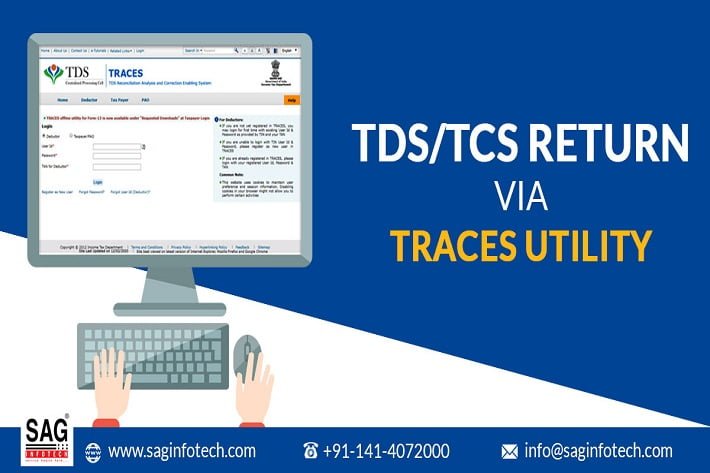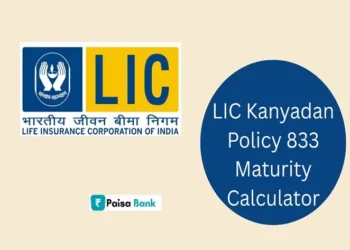A business loan is an unsecured loan that helps entrepreneurs to run business operations smoothly. Having adequate working capital in hand is a must when planning business expansions, and that is where Types of Business Loans come into the picture.
Offered by both banks and Non-Banking Financial Institutions, a business loan can be used for expenses ranging from paying your staff salaries to expanding your footprint in the market.
Features and Benefits of Business Loan
- Collateral-Free Loans: These are unsecured loans that require no collateral or security on your behalf. However, before sanctioning the loan, lenders also check for your credit score, income statements, and other eligibility factors.
- Fixed Interest Rate: The interest rate for business loans ranges from 14-24% annually and in most cases remains the same till the tenure of the loan. So, you will know how much exactly you will be paying as Equated Monthly Installments (EMIs)
- Flexible Tenure: Business loan tenure ranges from 12-60 months which makes it easier for entrepreneurs to repay the amount borrowed.
- Ease of Application: Nowadays, many banks have simplified the process of acquiring a business loan by providing an online application option.
- Faster processing: Once all your documents are submitted and verified successfully, either in the offline or online method, loan processing happens quickly.
Reasons to Avail a Business Loan
There are various reasons as to why a business loan can be availed:
- When launching a new business
- Business Expansion
- Purchasing new machinery or equipment
- Handle your cash flow or working capital needs and so on
Types of Business Loans
1. Overdraft
In this type of business loan, you can withdraw over and above the amount you have in your bank account as a loan. The cap on the maximum amount and interest charged is agreed mutually between the borrower and the lender.
2. Term-Loans
As the name suggests, term loans come in three different tenures, namely short-term, intermediate, and long-term loans. You can apply for these loans as per your business requirements. They also help in acquiring assets for your business growth. These loans carry a fixed or floating rate of interest.
3. Loan Against Securities
Entrepreneurs can pledge their securities like mutual funds, shares, fixed maturity plans, savings bonds, Exchange-Traded Funds, and so on to get a business loan. The only stipulation is that the bank should approve the securities.
4. Demand Loan
A demand loan is paid back to the lender (banker or NBFC) on demand. They are both secured or unsecured and are a good option for meeting a short-term financial crisis. The maximum loan is 12 months, and you have the option to renew the loan after the end of the term.
5. Letter of Credit (LoC) Facility
This type of financing scheme is based on the creditworthiness of the buyer’s bank. LoC is a standard business loan that is availed during overseas trade transactions. The buyer’s bank guarantees on-time payment to the seller and takes possession of the original certificate of the merchandise, along with its insurance certificate, transportation documents, legal documents, and other commercial documents. In case, if the buyer defaults on the payment, the bank becomes liable to repay the amount to the seller.
6. Cash Credit
This is an overdraft facility available for businesses to meet their working capital needs. The business needs to offer its current assets such as receivables, stock, etc. as collateral for the loan. The maximum cap for this loan scheme depends upon the bank’s stock margin limit. The standard tenure for this loan is 12 months which can be renewed at regular intervals.
7. Bank Guarantee (BG)
A Bank guarantee is a pre-approved secure loan that is availed by pledging a business’s residential, industrial, or commercial property. This scheme is widely used as it helps the business grow by enabling it to purchase equipment, cover overhead costs, and so on. In this type of business financing, the bank agrees to settle the debts of the stakeholders in case the company defaults.
8. Business Loan for Women
Nowadays, women have started to make their mark in the field of entrepreneurial innovation. So, in a bid to promote and empower these women entrepreneurs, many banks and NBFCs have come forth with attractive loan schemes for women. They offer special offers in terms of the loan amount, interest rate, security, and so on. Additionally, they are also given specialized training and counseling services to help them learn in-depth about the market and industry. But, these loans are only available to women who hold more than 50% shares in a company.
Things to Know While Availing a Business Loan from a Lender
1. Find How Much You Exactly Need
The loan amount offered as a business loan to individuals or professionals is usually high. They also come with high interest rates. So, it is prudent to sit with your accountant or auditor and arrive at the amount you require for your business. It is best that you don’t borrow over the amount you need as repayment of the loan can become a taxing problem.
2. Research and Select
There are many kinds of business loans available in the market. Most lenders offer more than one type of business loan that comes with different terms, interest rates, loan tenures, and repayment options. In addition to these terms, there are select business loans that are specifically catered to a single segment by offering lower interest rates or a higher loan amount. Hence, ensure that you research well about the various types of loans that are available in the market and choose the right fit.
3. Credit Score
The credit score is an indicator of your creditworthiness, and if you have a good score, it proves to the lender, you are financially responsible. Lenders usually look at your credit score first before moving forward to other eligibility requirements. If you have a score of 750 and above, you have a higher chance of getting a higher loan amount at lower interest rates. Before going for a business loan, make sure that you check your credit report. If the score is low, take the necessary action to improve your score.
4. Know the Terms and Conditions
Usually, loans are repaid as Equated Monthly Installments, and some lenders also allow part pre-payments of the loan. They consider the repayment capacity of the borrower before deciding on the loan tenure and monthly EMI payment. As a borrower, you need to understand the lender’s repayment terms and conditions thoroughly. Also, make sure that you don’t miss the EMI payment schedule as it will directly impact your credit scores.
5. Check the Charges Involved
Every business loan comes with its own set of processing charges. The most common of them found in the business loan are processing fees, pre-closure charges, documentation fees, penalties, and so on. While browsing for lenders, look out for the different kinds of charges levied by them and see how they factor in the overall cost of the loan.
These are some of the points you need to consider when going for a business loan. It is a prudent step to compare a few business loans available in the market, before choosing one that fits your requirements.

















